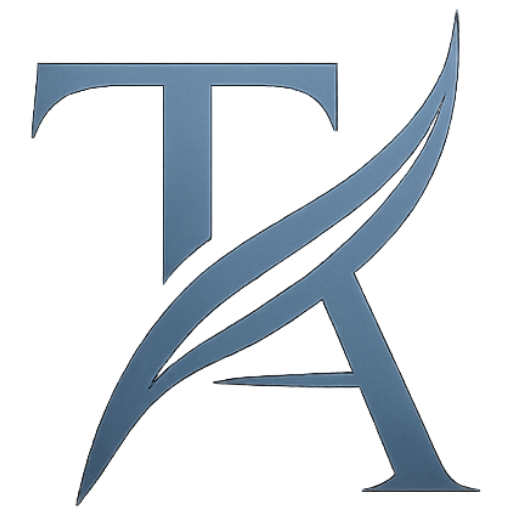Your career is too important to manage through guesswork, gossip, or the goodwill of whoever happens to be in charge. Yet most professionals do exactly that. They drift through key decisions influenced by office chatter, biased opinions, and the availability of whoever happens to listen that week. The most effective professionals take a different approach. They treat their careers as serious enterprises. And every good enterprise has a board.
A career board of directors is not a metaphor. It is a practical model for structured guidance. It is a small, diverse group of people who offer challenge, perspective, and accountability. They help you think, not just feel, and tell you truths that are uncomfortable but necessary. They broaden your field of vision beyond the narrow line of reporting relationships and internal politics.
Building your board begins with intent. Choose individuals who represent a range of insights, not just rank. A senior mentor can help you navigate power structures. A peer who knows your blind spots keeps you honest. New ways of thinking come from a junior colleague. A friend outside your industry grounds you in reality. The power of a board lies in its diversity of thought, not its glamour of titles.
The next step is clarity. Define what you need from each member. Do you want strategic advice, feedback on leadership style, introductions to networks, or critical reflection on choices? Be specific when you approach them. Say, “I value how you think about organisational dynamics. I would like to check in twice a year for perspective.” That is respectful and efficient. Vague mentorship requests waste time and rarely sustain.
Boards function through reciprocity. Keep your mentors informed about your progress. Act on their advice and share the results. Nothing erodes goodwill faster than enthusiasm followed by silence. Remember, your credibility as a mentee determines how long they stay invested. Treat the relationship like a partnership rather than a transaction.
It is also healthy to refresh your board periodically. As you evolve, your questions change. Someone who was invaluable early on may no longer be the right fit later. Retire them gracefully. Thank them publicly. Add new voices who reflect your current challenges. Growth requires fresh tension.
Above all, resist the comfort of flattery. Cheerleaders are pleasant but unhelpful. Choose people who care enough to disagree. The best mentors interrupt your self-deception. They see the gap between your self-image and your potential and hold you accountable for closing it. Honesty is a gift.
Your board is your insurance against bias, stagnation, and corporate drift. When used well, it prevents you from making lonely or impulsive decisions. It turns career development from an emotional exercise into a disciplined process of inquiry and reflection.
Key Takeaways
- Treat your career like an enterprise that needs governance, not luck.
- Build a small, diverse board that brings challenge, not comfort.
- Reciprocity keeps mentors engaged; action earns continued investment.
- Refresh your board as your career questions evolve.
- The best mentors tell you the truth, not what you want to hear.
Try This
List three people whose advice genuinely changed how you think. Write down what they added and what gap remains. Add two more names who can fill those gaps. Reach out this month with specific, time-bound requests. Review your board composition every year.
Closing Thought
If this made you rethink mentorship, share it. Most careers stall not from lack of talent, but from lack of structured truth.




